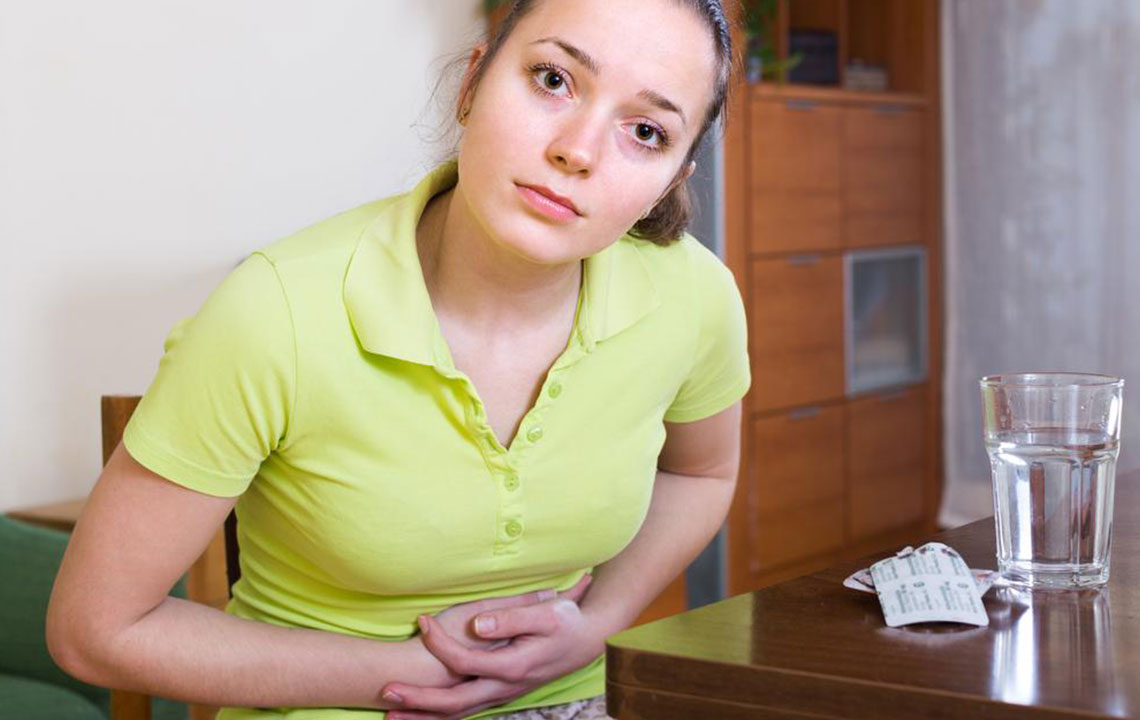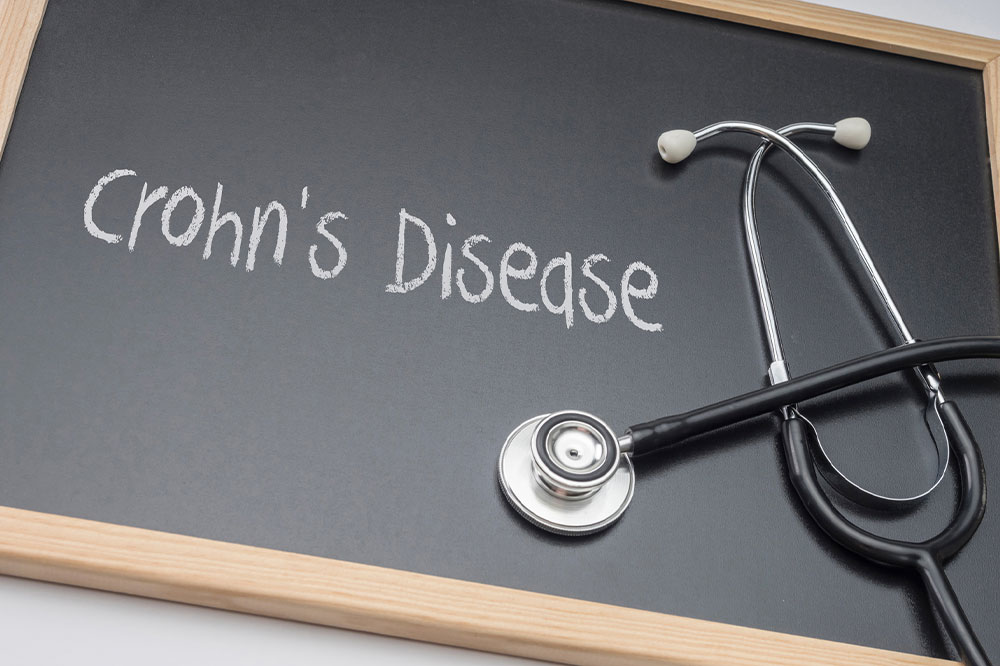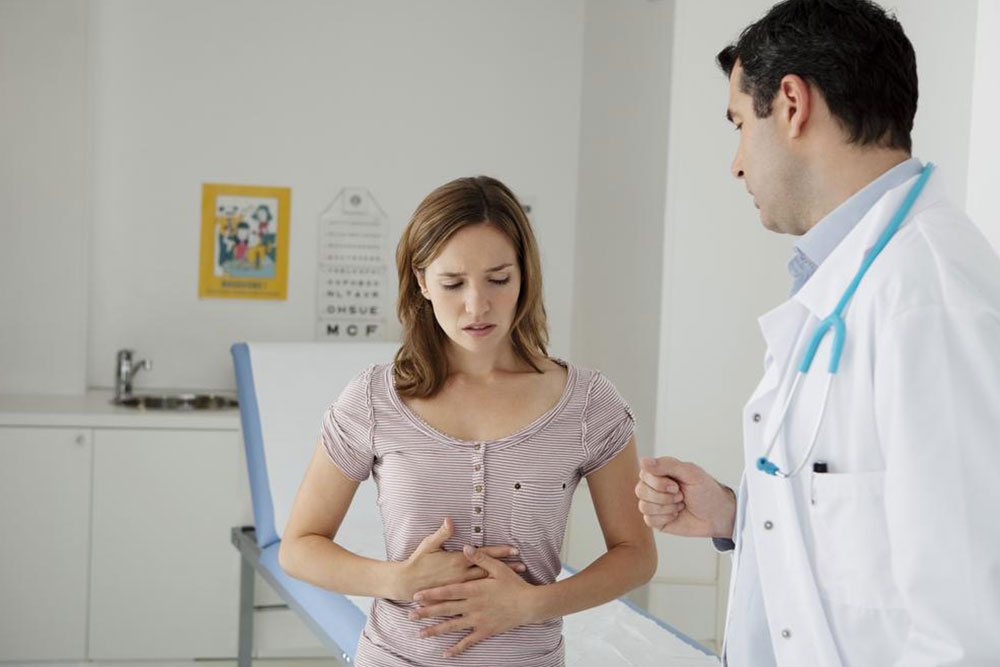Comprehensive Guide to Colitis: Symptoms and Treatment Approaches
Learn about colitis, its symptoms, and effective treatment options. This comprehensive guide helps identify signs like diarrhea and abdominal pain, explains different types of colitis, and provides lifestyle tips to manage and prevent flare-ups. Early diagnosis and proper care are essential for improved quality of life.

Comprehensive Guide to Colitis: Symptoms and Treatment Approaches
Colitis is an inflammation of the large intestine, affecting its lining and leading to various health issues. It can manifest in different forms such as microscopic, ischemic, inflammatory bowel disease-related (like ulcerative colitis or Crohn’s disease), chemical, pseudomembranous, or infectious (bacterial or parasitic). Correctly identifying the specific type is crucial for effective therapy. Recognizing symptoms early allows for prompt medical intervention and appropriate management.
Identifying colitis symptoms
Typical signs include diarrhea, cramping, and abdominal pain.
Inflammatory pain
Inflammation causes muscle spasms, resulting in cramping or intermittent pain, usually in the lower abdomen but possibly elsewhere in the colon. The condition disrupts water absorption, leading to watery stools.
Ulcer formation or inflammation may cause bleeding, especially in ulcerative colitis where small ulcers bleed.
Diarrhea-associated pain
Pain may heighten before bowel movements, particularly when the sigmoid and rectal regions are involved. Symptoms can improve temporarily after a bowel movement but tend to recur. Urgency is often experienced.
Additional symptoms depend on the cause and might include:
Chills
Fever
Fatigue
Malaise
Dehydration
Treatment and management strategies for colitis
The approach depends on the colitis type and severity. Mild cases may be managed with symptom relief, medications, and hydration. Severe cases may require intravenous fluids and possibly surgical intervention.
Ischemic colitis: Typically managed with supportive IV fluids; surgery may be needed if tissue damage or blood flow issues persist.
Infectious colitis: Viral infections generally resolve with hydration. Bacterial causes like Salmonella often clear without antibiotics, but Clostridium difficile infections need targeted treatments.
Inflammatory bowel disease: Anti-inflammatory drugs are primary; if ineffective, immune suppressants or surgery might be necessary.
Diet and lifestyle tips
Maintaining a balanced diet helps reduce flare-ups and ease symptoms. Avoid greasy, fatty, or fried foods, along with high-fiber items like nuts and seeds during active episodes. Lactose intolerance may require dairy avoidance or substitution. Monitoring health metrics such as blood pressure, blood sugar, and cholesterol, along with quitting smoking, can help prevent colitis and related complications.
Important Note:
This resource provides general health insights and should not replace professional medical advice. Consult a healthcare provider for diagnosis and personalized treatment. The information may evolve, and readers should stay updated with current medical guidelines.


